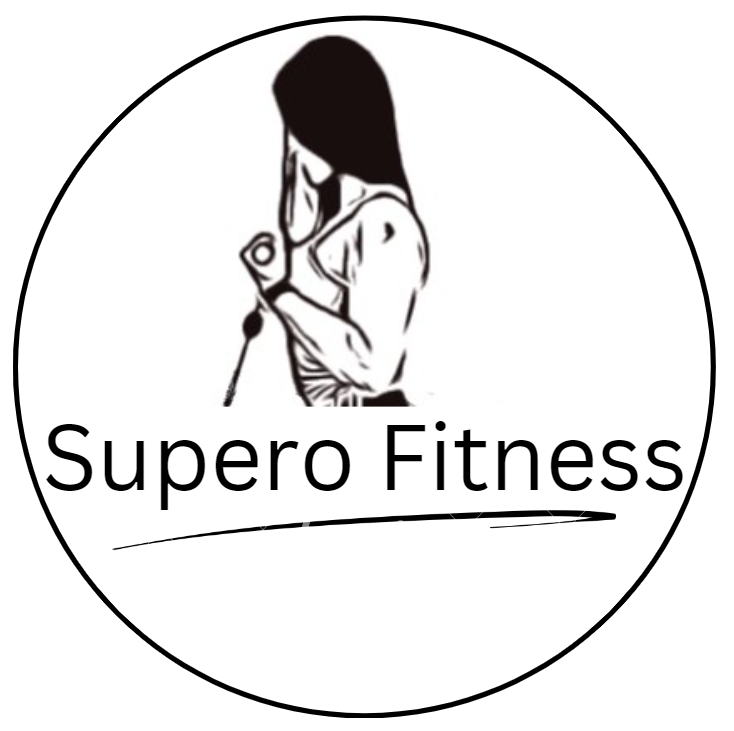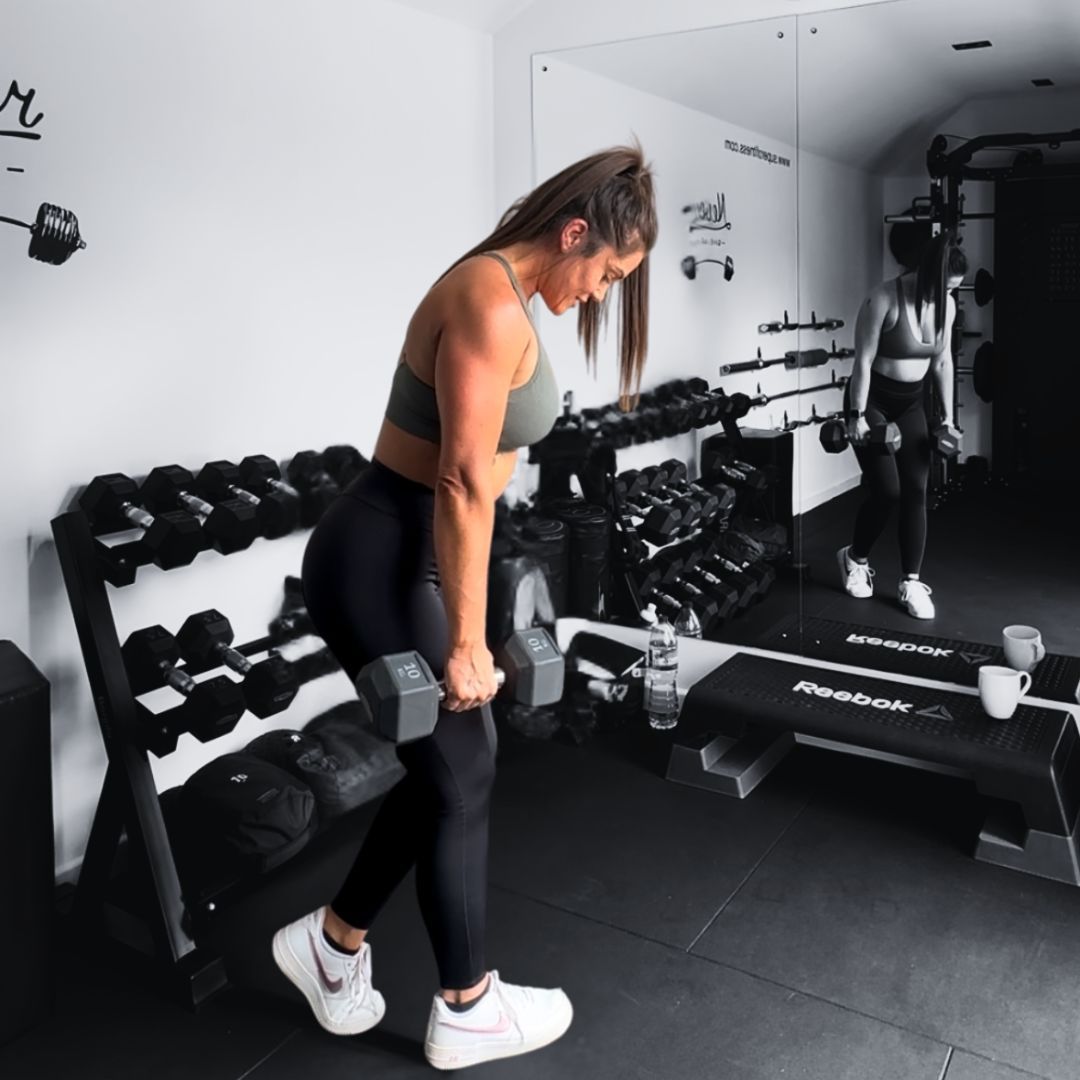Diet and Nutrition
Diet and Nutrition. Diet is what you eat and nutrition is what your body absorbs.
Your diet ideally should be well balanced. This means eating a good variety of foods, and ensuring your overall food intake is nourishing. Avoiding a diet which is highly processed, high in salt, sugar and making sure you are not starving your body of key food groups. Extremely low in carbs or protein etc. Remember each food group plays their role in keeping your body functioning and supports your over all well being, helping weight stay controlled and decreasing your risks of certain diseases and conditions such as Diabetes, Cancer, Osteoporosis and Cardiovascular disease.
Macronutrients and Micronutrients.
The three macronutrients are your Carbohydrates, proteins and fats. Your body needs these in larger amounts and these play an important role of providing your body with energy and maintaining health.
Your micronutrients are vitamins and minerals. These are needed in smaller amounts however they are vital to disease prevention and normal growth and development and enabling your body to produce and regulate enzymes and hormones.
In order to maintain a healthy working body ensure your body is getting a good varied diet. How much of it you consume will depend on your calorie intake versus expenditure and this is determined by if you're wanting to maintain weight, lose weight or gain weight. However it should still be well balanced with no food groups being avoided.
Role of Carbohydrates
Carbohydrates are our main energy source found in both healthy and unhealthy foods. Carbohydrates are broken down in the mouth by chewing and in the stomach through digestion into smaller units then carried through the blood to be stored within the body. It is stored within the muscles and liver as glycogen until it is needed for energy via glucose and ATP.
As far as complex carbs go these are found in potatoes, rice, bread and pasta. Wholegrains, fruit and veg and provide the body with longer feeling of satiety and higher energy stores. The simple carbs are those found in cakes, biscuits and sugar are the ones that may provide the quick sugar rush. They are also found in healthier foods such as milk and fruit. So not all simple carbs are bad and not all complex carbs are good! Without making it too complicated providing you're consuming the less refined carbs you should be ok.
Carbohydrates ideally should make up approximately 50% of your daily calorie intake. Carbohydrates won't make you fat and a providing you are moderately active you shouldn't worry too much, however bear in mind they are the main energy source so if the energy isn't being used it will go to fat stores, having a diet high and carb heavy if you're not an active person could then lead to weight gain. So no need to cut them out just reduce them slightly and make sure your carbs only make up part of your meal and are not the bulk of your meal.
Role of Proteins
Protein is our main source of growth and repair for muscles, body tissue, skin, hair and nails. It also plays a big role in body maintenance in keeping our red blood cells, hormones and antibodies healthy. It's basically the building blocks of our body. It can also get used as an energy source when energy levels are depleted and we need the back up during long endurance activities. Again like carbs consuming too many can mean it will go to fat stores however someone who leads a moderately active lifestyle should be aiming for 15% of protein to make up the diet intake, a really active person would require more and someone specifically wanting to improve muscle growth would aim for even higher.
Good complete protein sources are mainly animal products such as meat, fish, milk, eggs, cheese but you've also got soy and quinoa which are also good protein sources. Anyone who is vegetarian need to ensure they are eating a good varied diet of protein to ensure they are getting enough nutrition requirements.
Anyone struggling to get in their daily protein intake through food alone should look at protein shakes and have these between meals. Ideally if you workout consume a shake within 30 mins and if you've had a really active day and wanting the gains have one before bed as well. But remember you can add in snacks throughout the day to help support protein intake, these could be nuts, boiled eggs, jerky. Ideally spread your protein intake over the day rather than having a heavy protein evening meal to allow your body to use the protein more effectively.
Role of Fats
A small amount of fat in our diet is essential for health and wellbeing. Not only does it gives us a layer of warmth is also supports the body in absorbing vitamins. Providing you're a reasonably active person your diet can consist of 25% of your daily intake being from fat. Your body will naturally use it effectively along with converting it to energy however as with carbs and protein if you're not using the energy through daily activities it will be stored as fat. So moral of the story here is keep yourself active!
General fat sources are
unsaturated which are foods such as vegetable oils, almonds and nuts. Seeds such as flax seeds, soy products, fish and avocados. Unsaturated fats are classed as beneficial as they can ease inflammation and lower blood cholesterol levels. The two types of unsaturated fats are monounsaturated and polyunsaturated.
Saturated fats are mostly found in animal products such as meat and dairy. Out of the two unsaturated fats are better to be consumed than the saturated.
Without it getting too complicated as long as your diet is well balanced and overall you're not over or under eating any of the main food sources you should be on a winner. Just aim to keep your daily intake within the recommended guidelines and calorie intake stay active and aim to eat as many 'colours' during your meals. Try to exclude convenient fast food and pre packed 'microwave' meals. Eat regularly and if you're unsure if its healthy or not something I tell people as a rule of thumb, is if it was available 100 years ago it should be ok food to eat.
Water
Oh and don't forget to drink plenty of water! Keeping your body hydrated is just as important as keeping it well fed.
Being dehydrated will not only make you feel tired and lethargic it will slow down your digestive system, potentially give you a headache and consistent dehydration will start to show on the outside through wrinkles!!
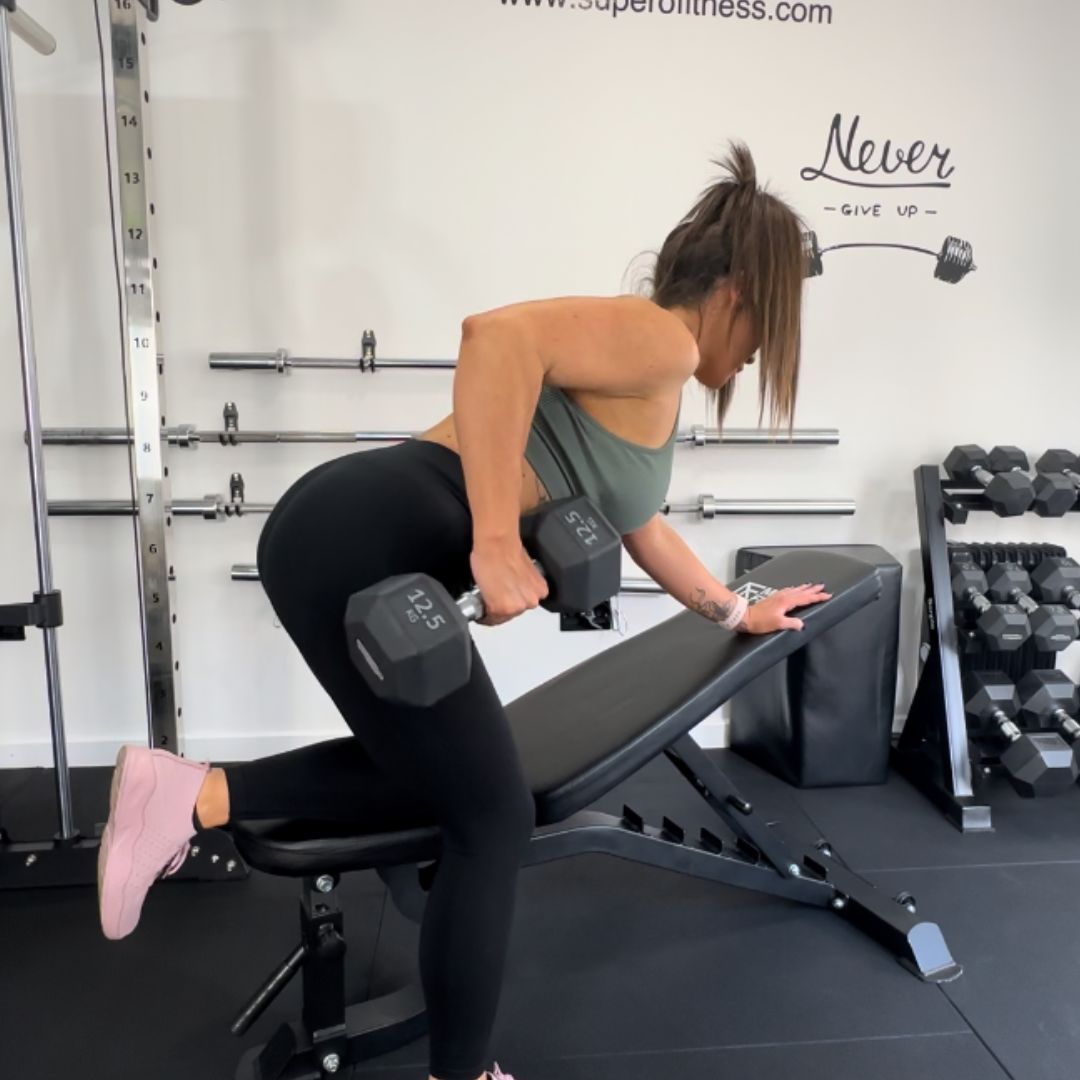
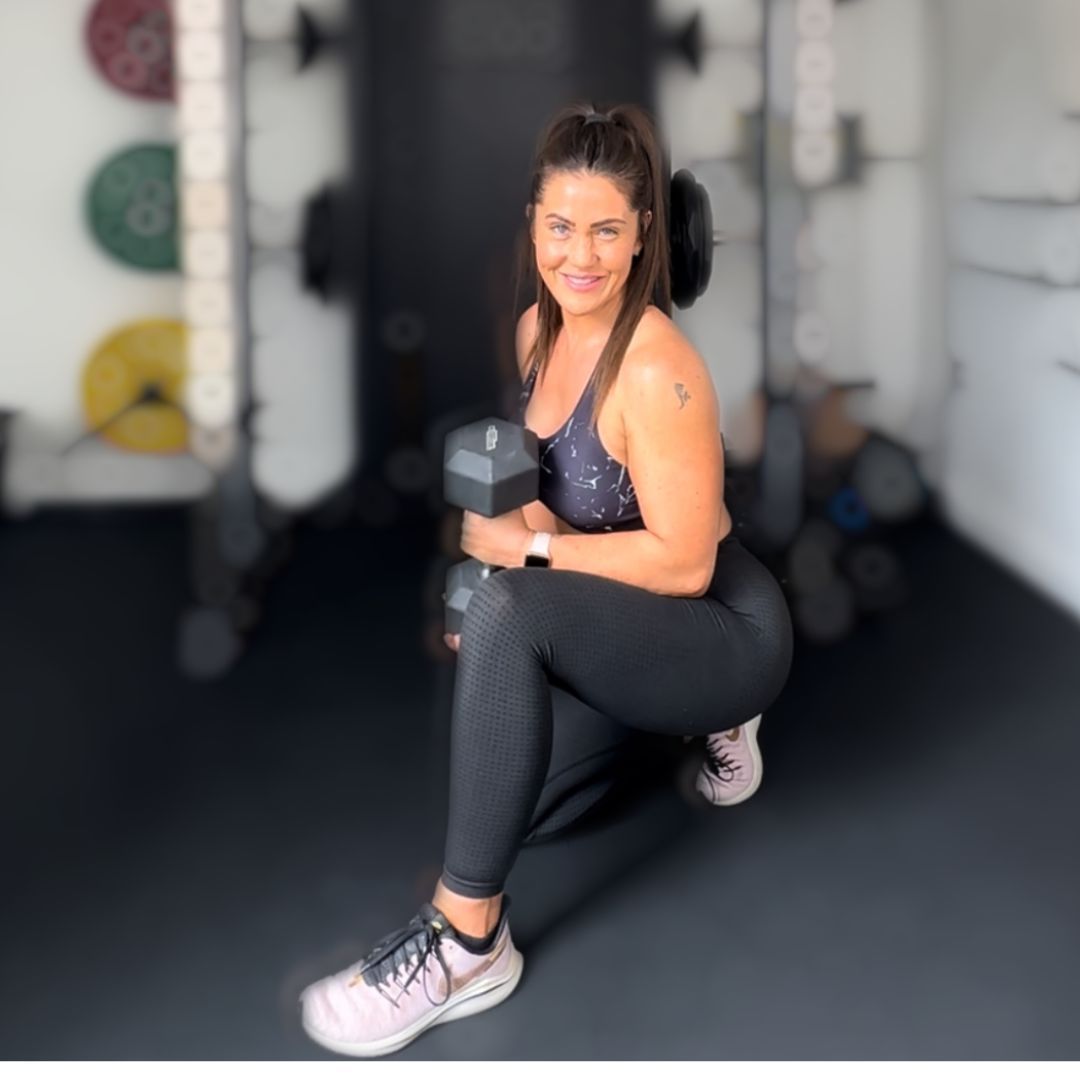
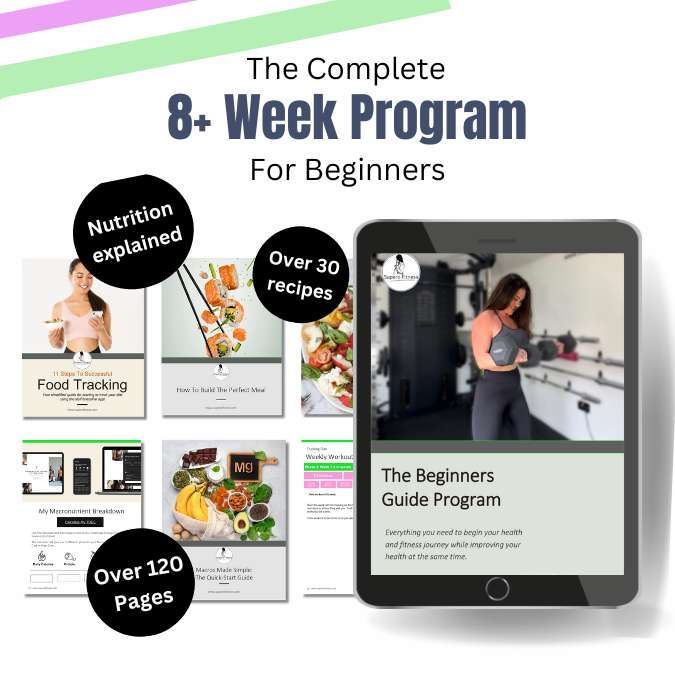

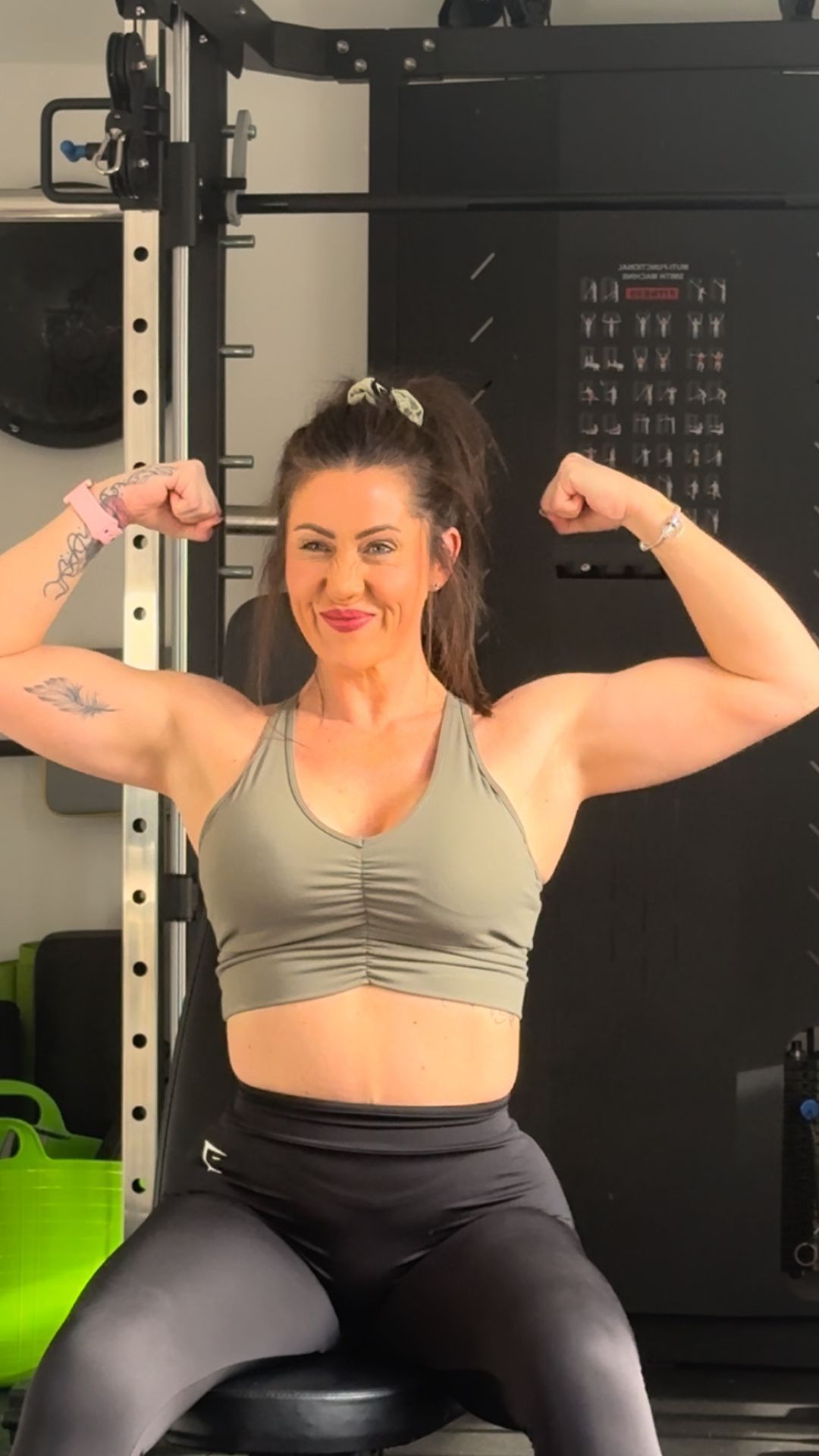

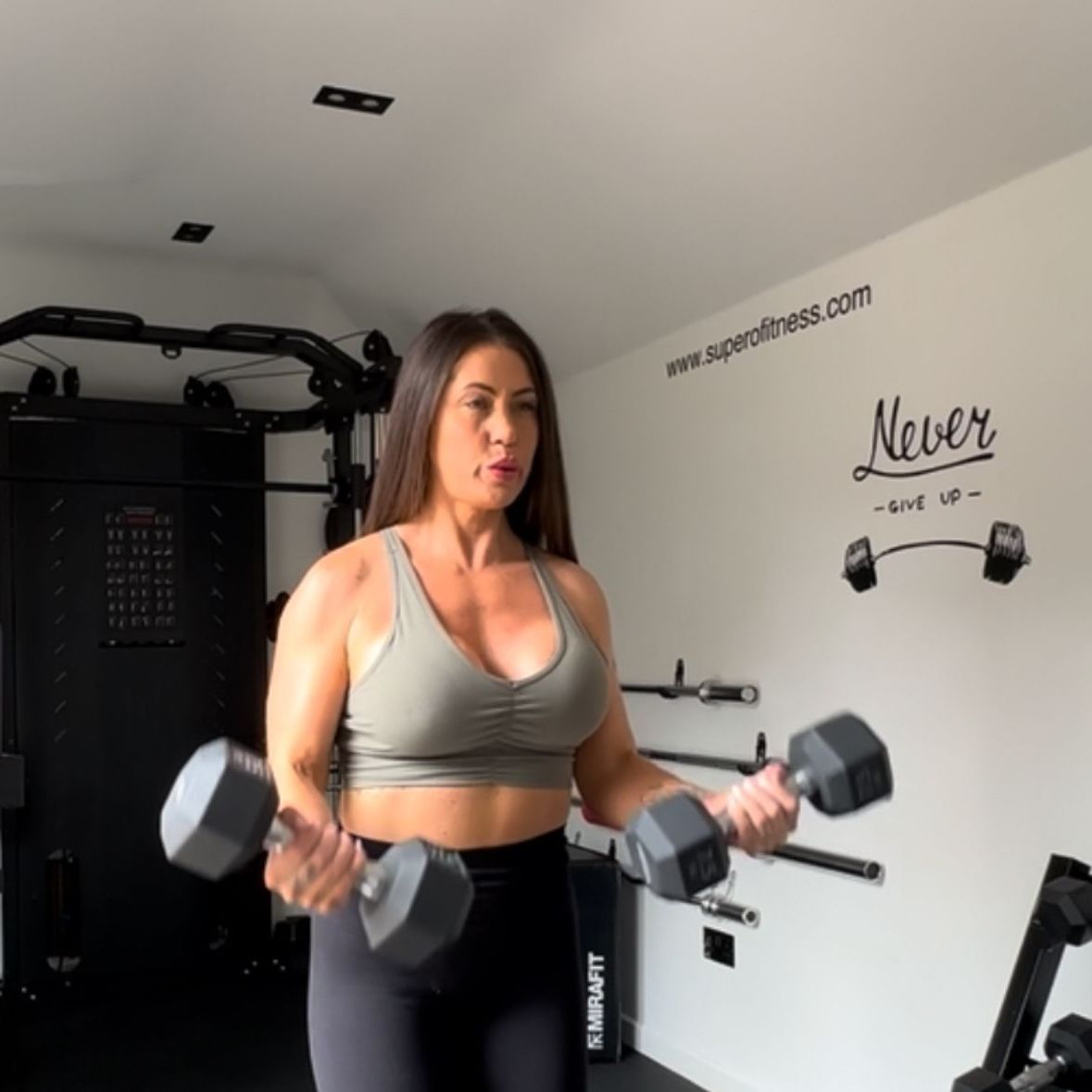
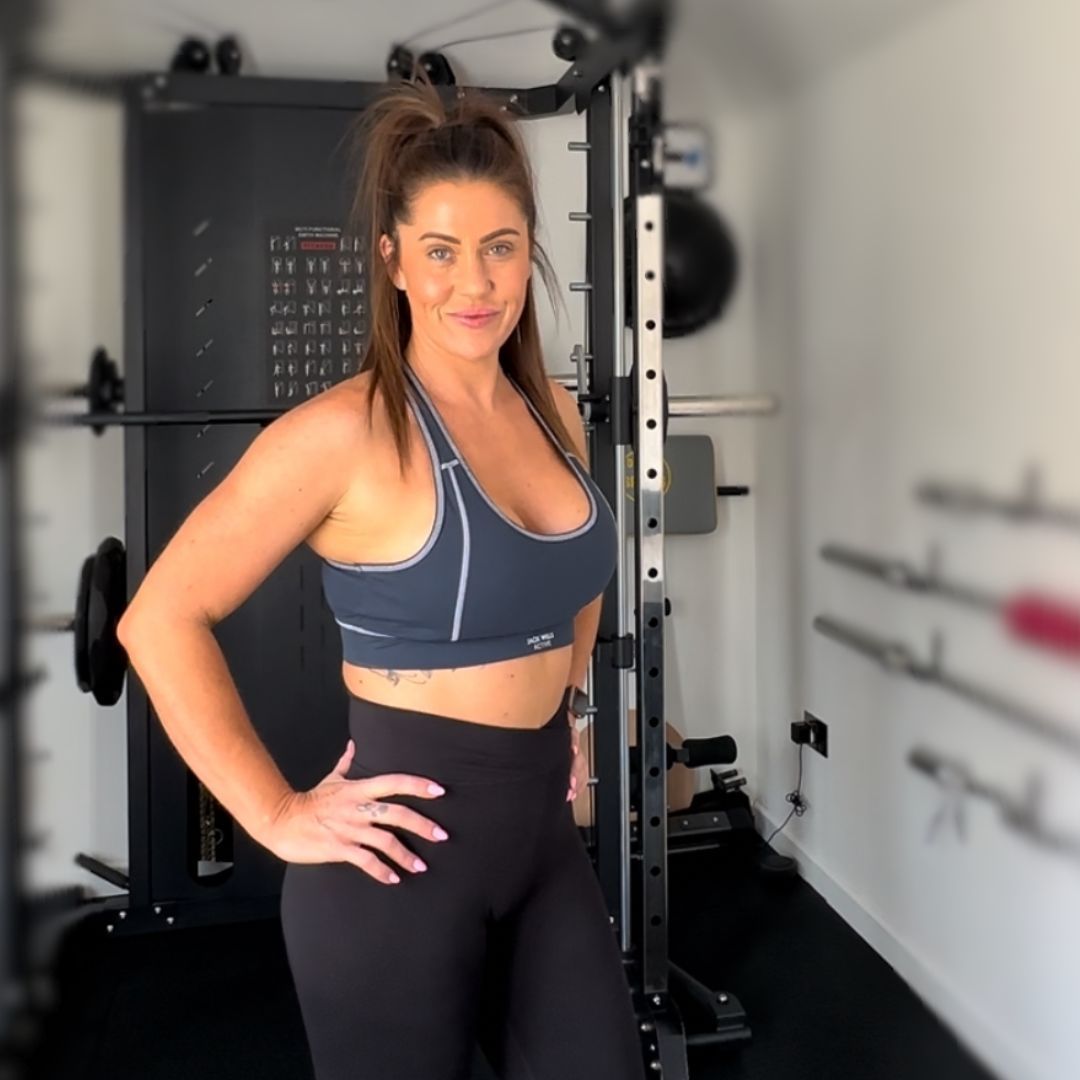

Don't miss out, join in today!
Join our email list to receive info on Fitness tips, Recipes, Training Programs & Workouts.

All Digital Downloads are Non Refundable
